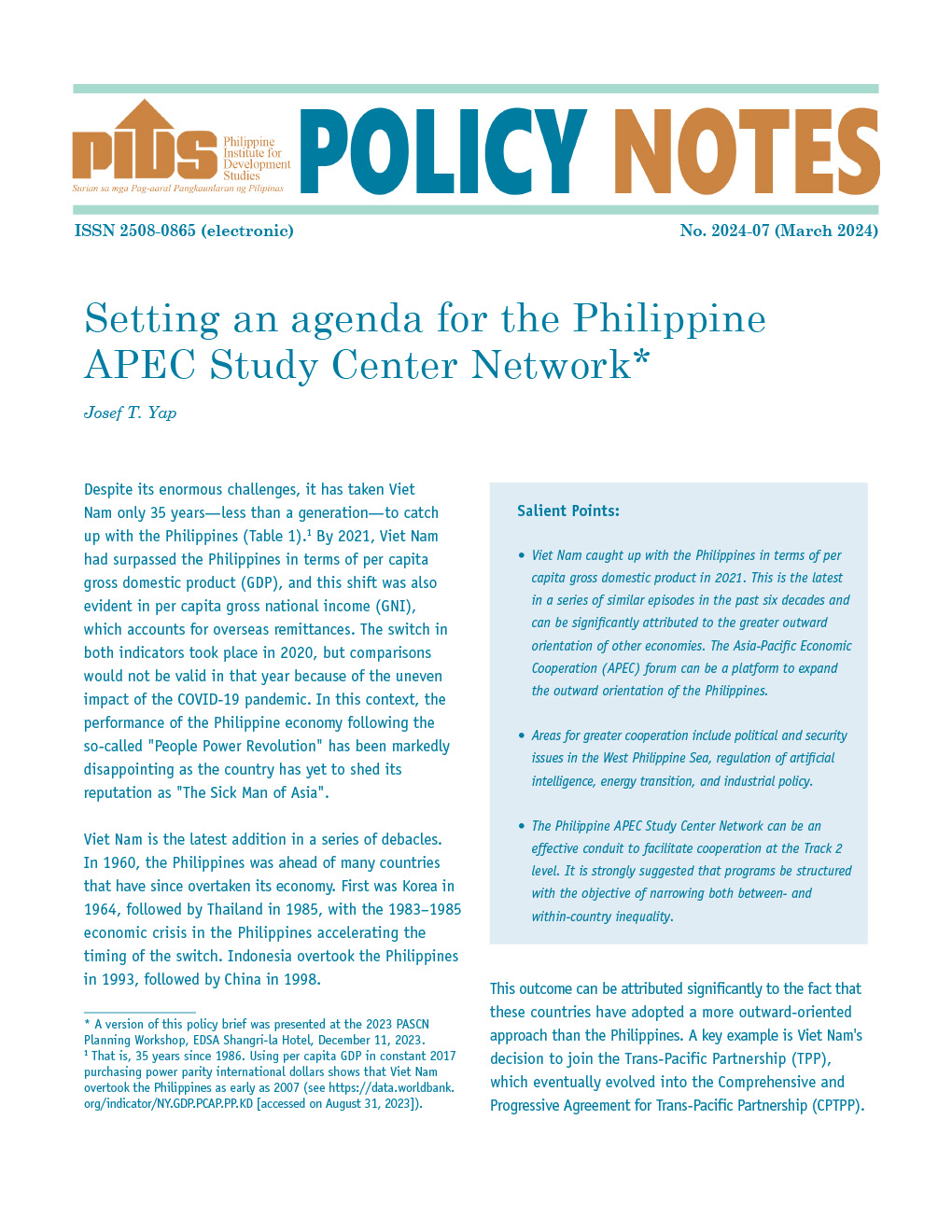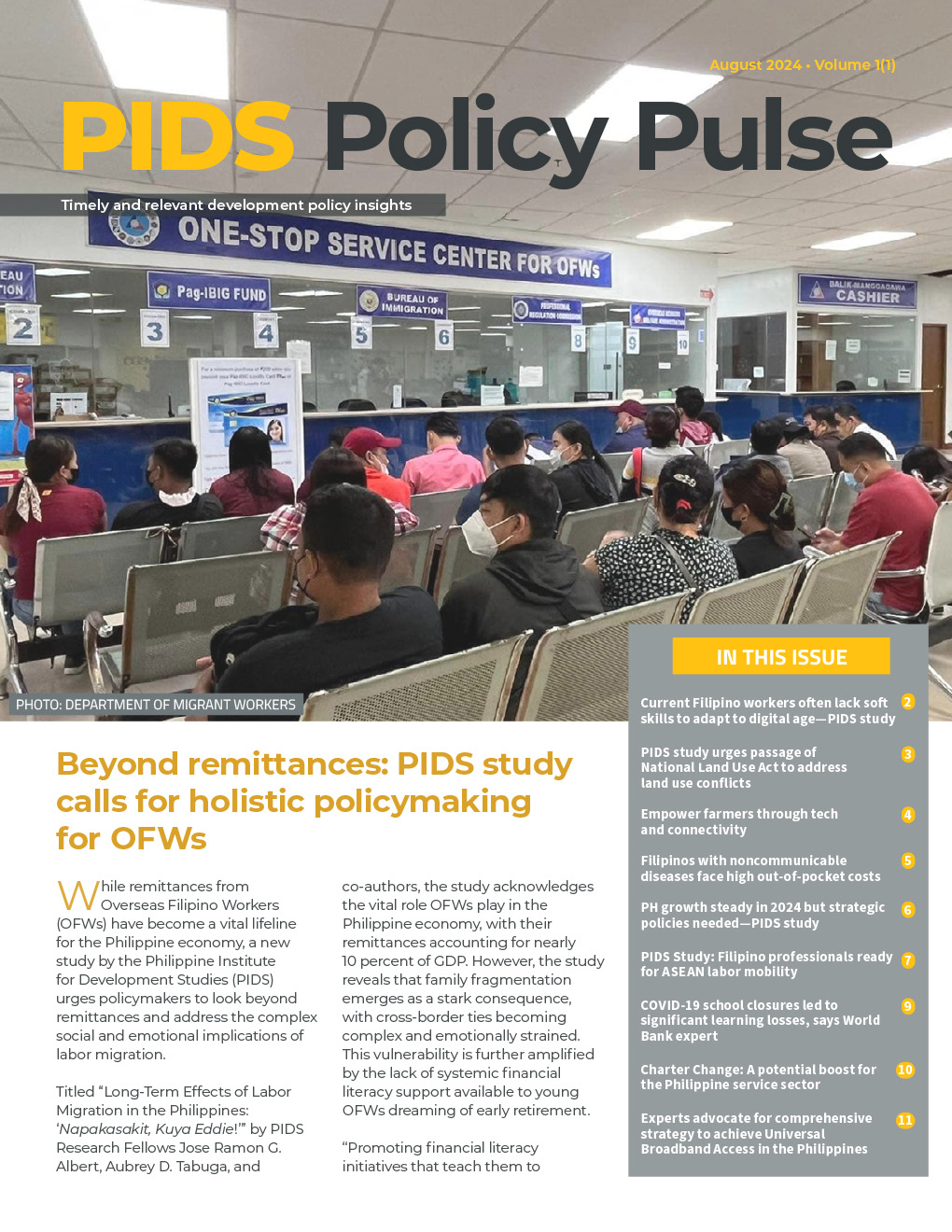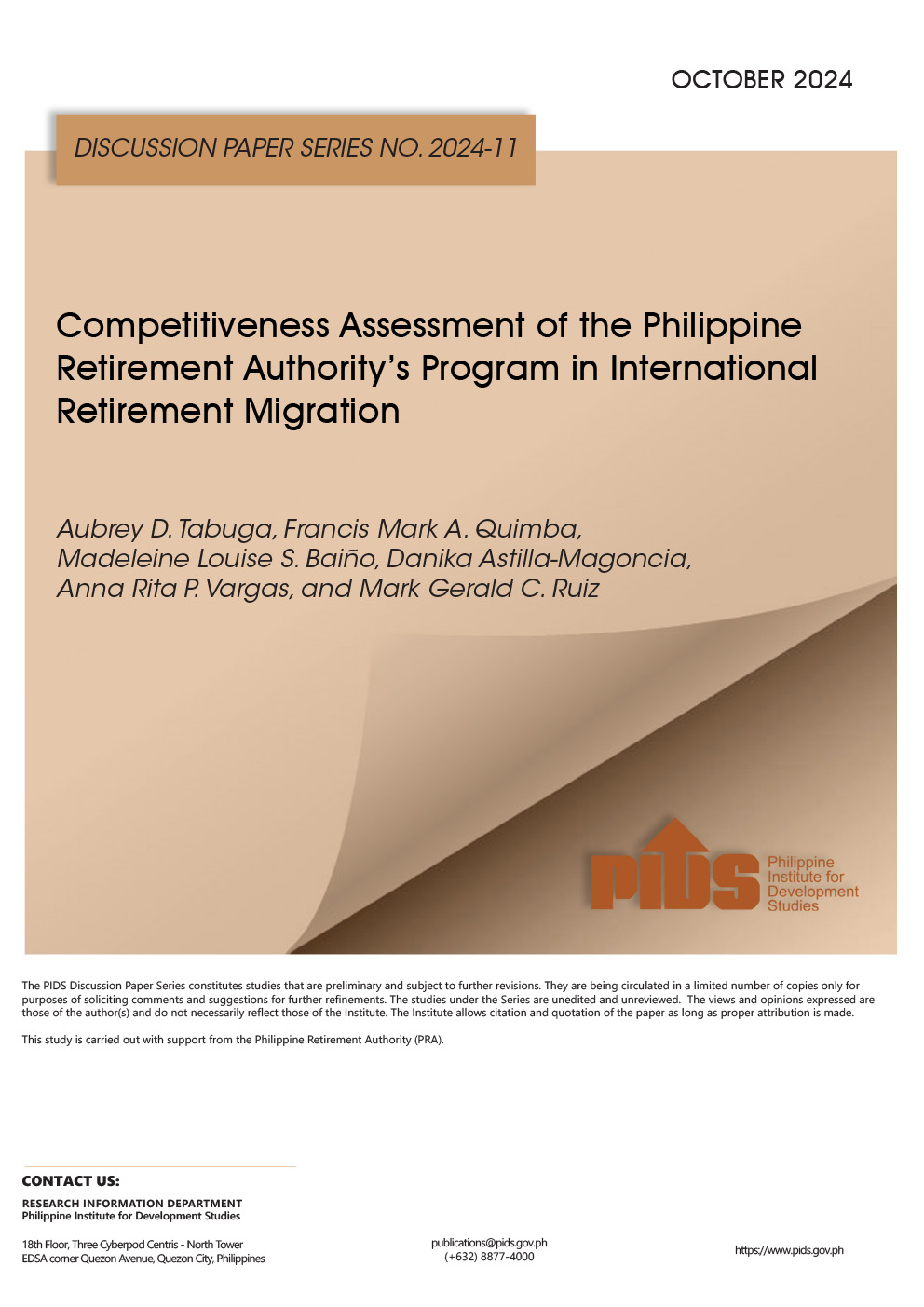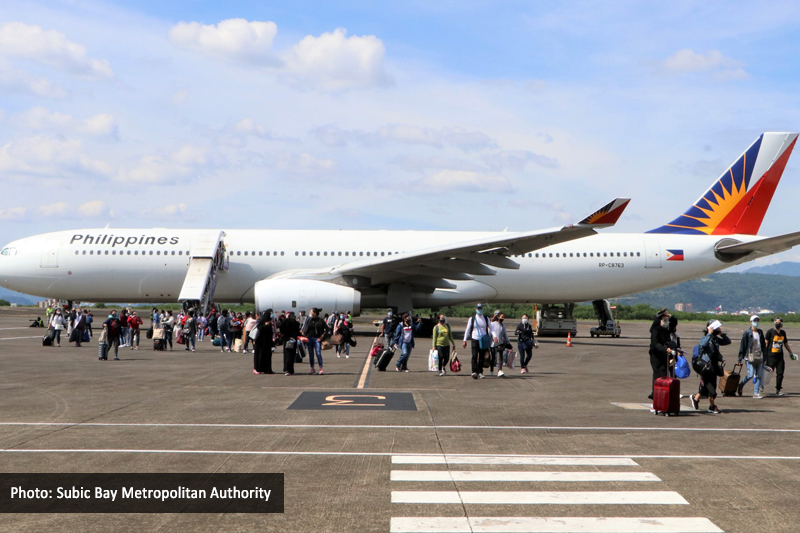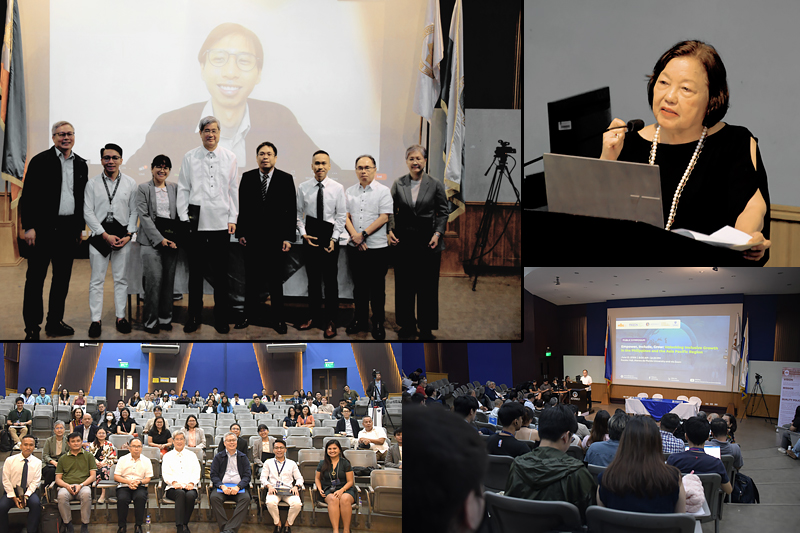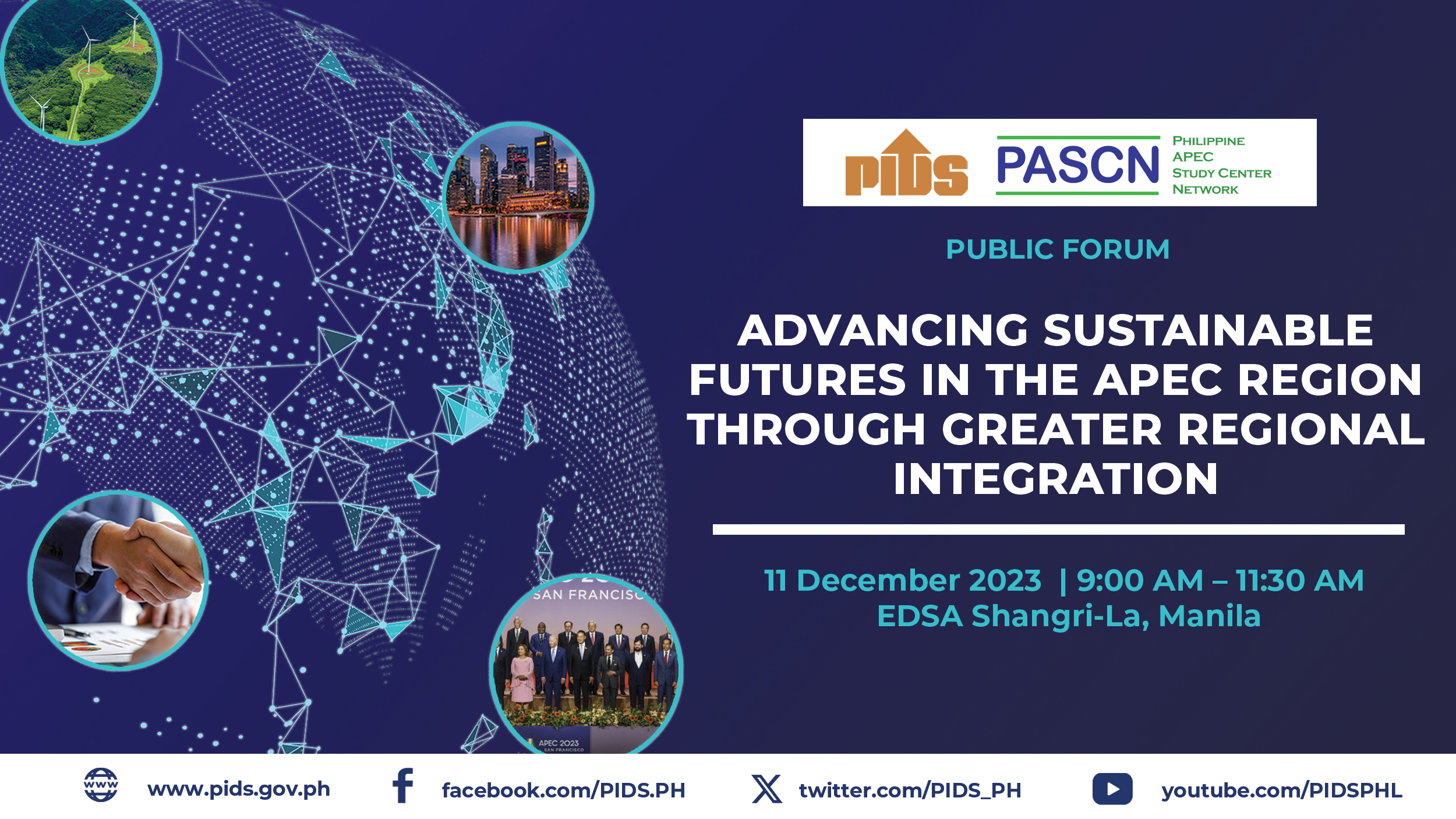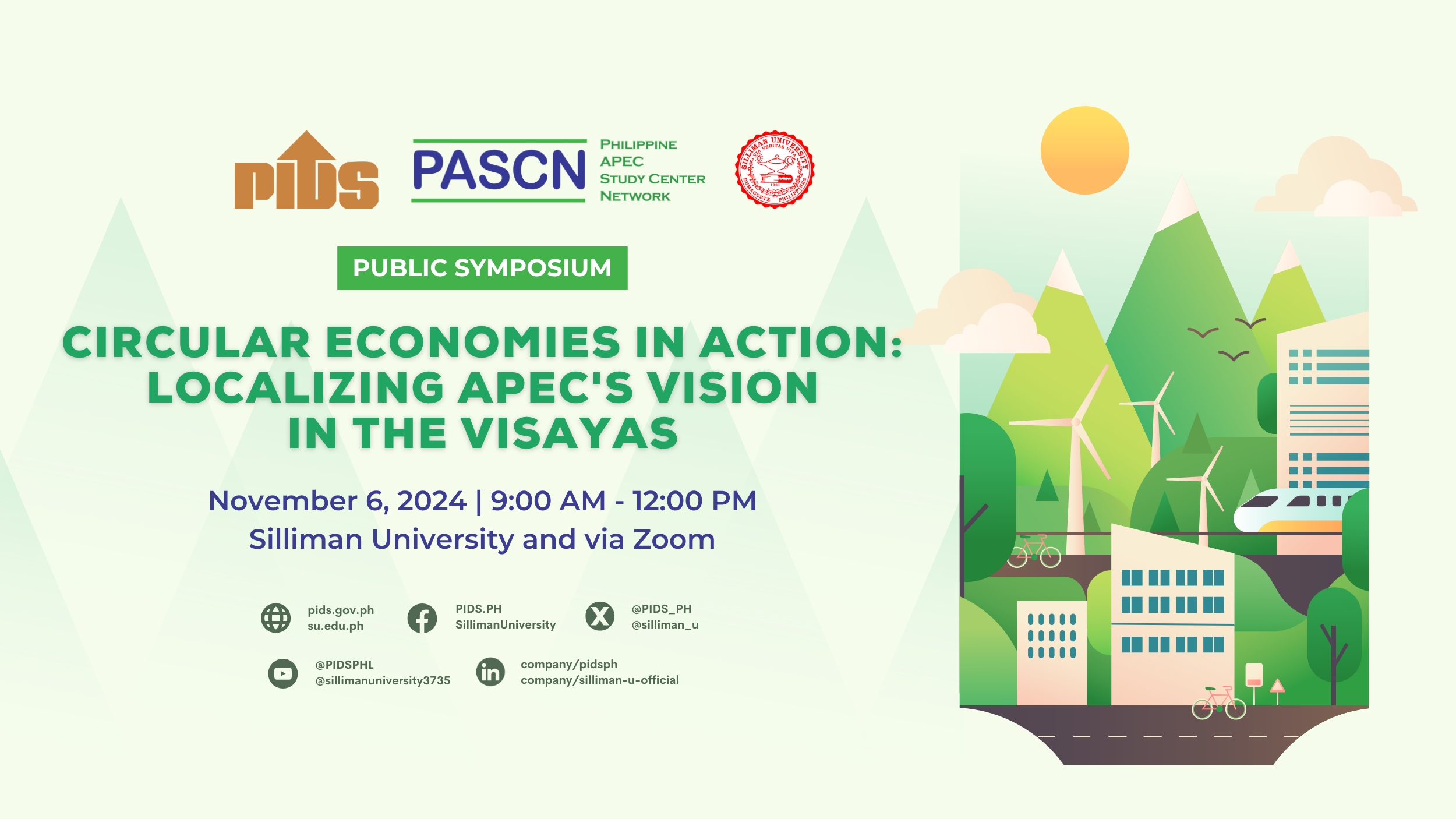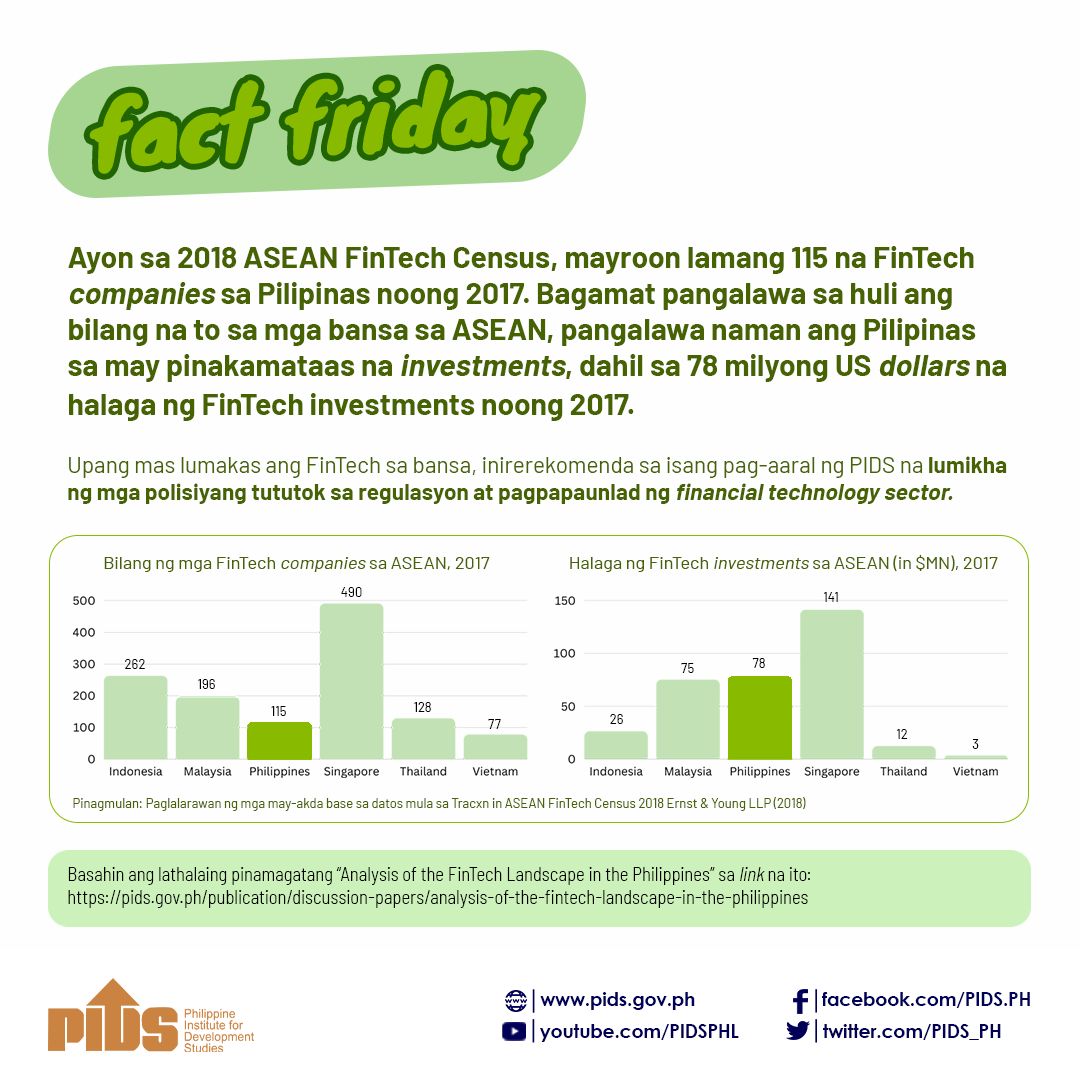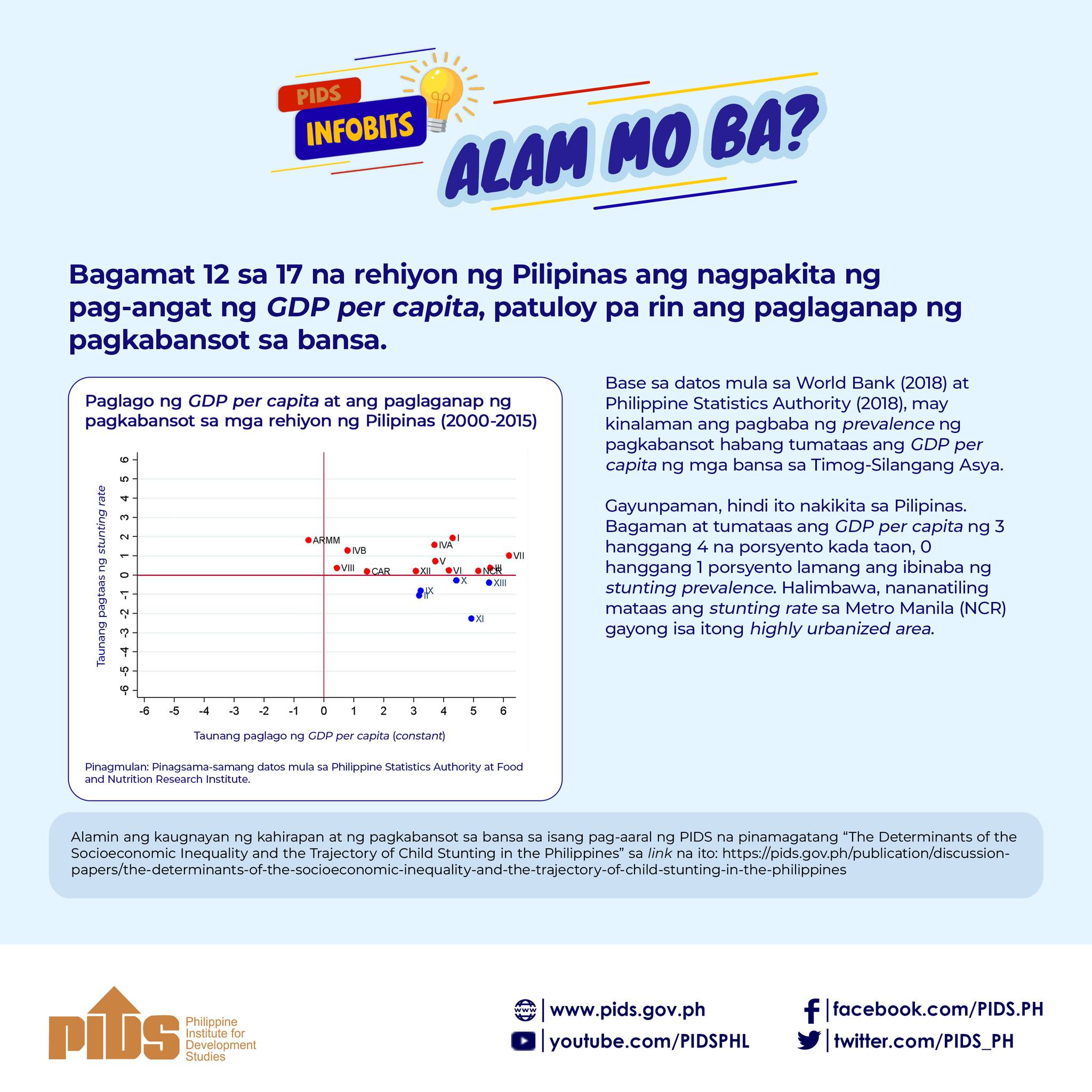THE Philippines and 20 other member economies of the Asia-Pacific Economic Cooperation (Apec) should improve overall visa processing and facilitation, including pursuing e-visa programs, in a bid to facilitate person-to-person (PTP) tourism in the region and in Association of Southeast Asian Nations (Asean).
This was one of the recommendations of the discussion paper released by the state-owned think tank Philippine Institute for Development Studies (PIDS) titled "People-to-People Tourism in Apec: Facilitating Cross-border Entry and Exit, with Special Focus on Asean."
"Among the various types of tourists that will visit Apec and Asean countries, PTP tourists are expected to grow in number as a result of many factors, including greater economic integration of member countries," it said.
PTP is defined as the cross-border movement of people from one country to another on a repeated basis for educational, training or related capacity building; research and development cooperation; medical tourism; and responding to disaster or calamity, among others.
The paper thus underscored the need to focus on PTP tourism as a first priority, as Apec is working toward aligning visa policies and regulations among its member countries.
In the immediate and short term, it said Asean and Apec should improve overall visa processing and facilitation through implementing e-visa programs, improving the delivery of travel and visa information, and facilitating current processes, especially those still operating under a "paper system” and face-to-face personal interviews.
"This (e-visa program) is deemed the best opportunity for visa facilitation, especially for countries with very limited network of embassies and consulates," the PIDS noted.
The paper noted that there has been uneven adoption of new visa technologies such as e-visa and Smartgate in the region.
To facilitate current processes, it identified key areas where improvement is needed, including more extensive use of information technology (official website, e-mail, social media), interconnectivity of entry and exit points and consideration of visas on arrival.
The PIDS said it is imperative for Apec and Asean to focus on facilitating travel involving local border traffic.
"This area has not been given much attention in Asean discussions, perhaps because of the limited land borders in the region, compared to, say, the extensive land borders (and thus, significant local border traffic) in Africa, North America, South America and Europe," it said.
In the medium term, the PIDS said Asean and Apec should standardize visa requirements and regulations for non-Asean and Apec nationals, as well as for intra-Asean or intra-Apec PTP tourists.
Further, the paper said that apart from lower cost, there are large economic benefits of travel facilitation.
The World Travel and Tourism Council estimates that improvement in visa facilitation in APEC could result in US$62 billion to US$89 billion more by 2016. (Philexport)

